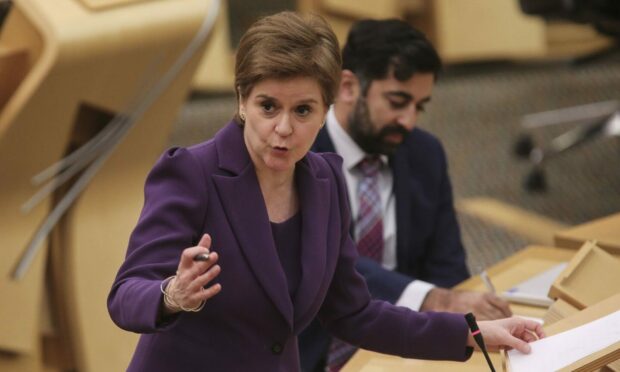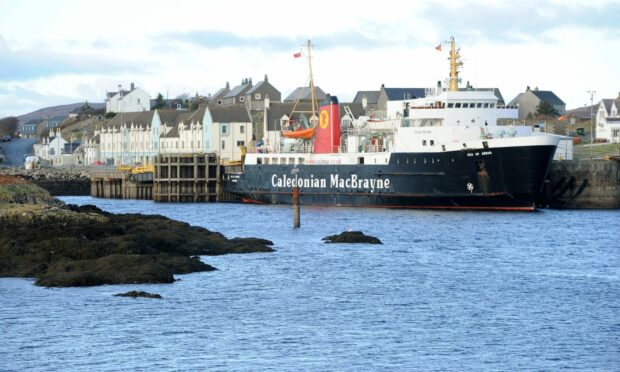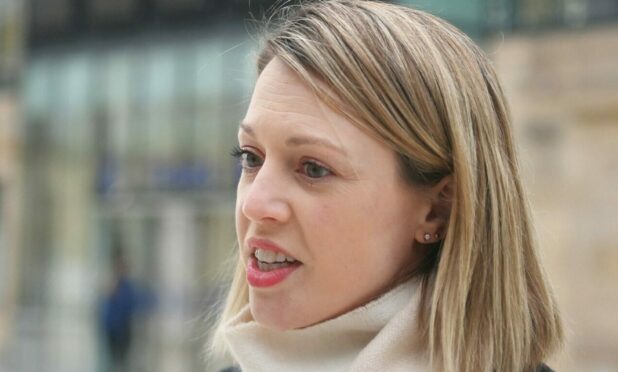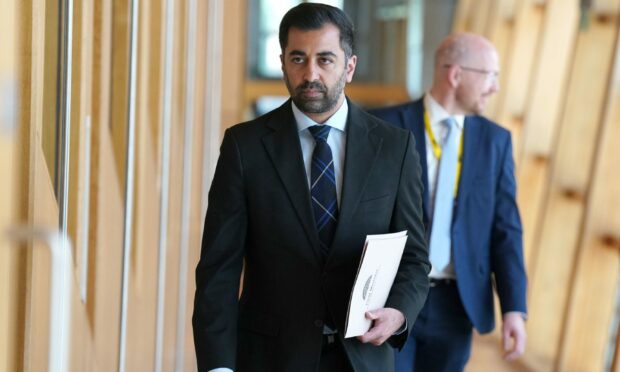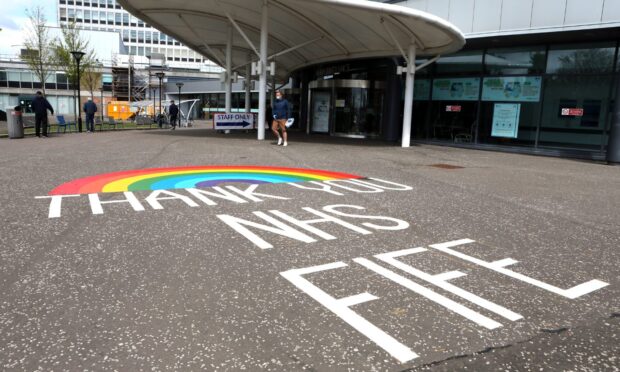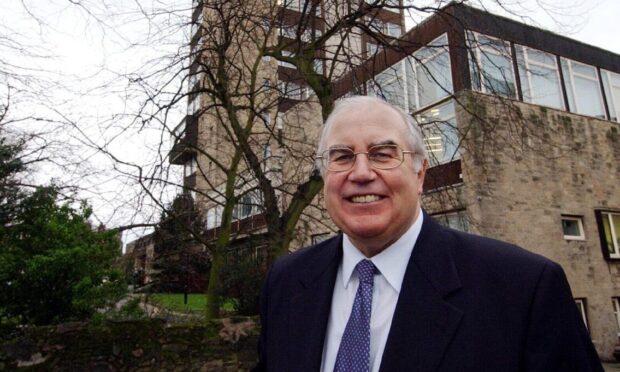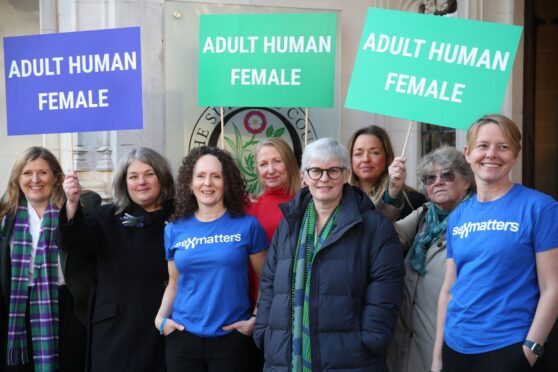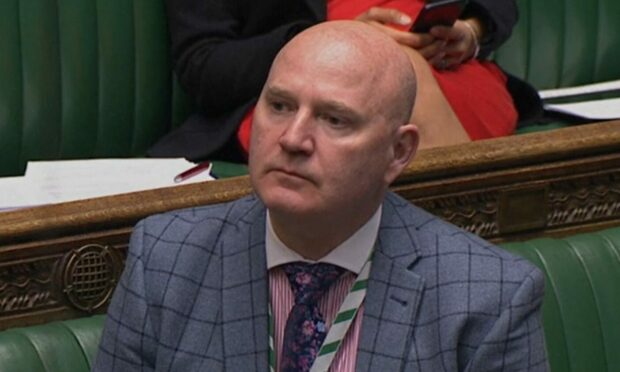Holyrood has broken for a summer holiday the SNP promised would be filled with independence campaigning.
But there isn’t going to be a referendum this year after all.
So what, and how, has the Scottish Government been doing?
It would be hard to argue 2023 has been anything less than a tumultuous year, with the end of Nicola Sturgeon’s leadership, a police probe into the SNP’s finances and concerns about progress made in the day job.
Here’s a brief look back at the year so far as Humza Yousaf prepares to mark his first 100 days in the top job.
Transport
A Holyrood report released earlier this week warned of a “churn” of transport ministers, with three different post-holders within the past 18 months. Not the best start.
It said island communities face an “existential threat” without clear leadership to resolve Scotland’s ferry crisis.
Hundreds of residents in South Uist took to the streets in protest saying they are being “forgotten, abandoned and ignored”.
The latest wave of disruption came after CalMac previously halted all trips to the mainland for a four-week spell between April and May.
Bosses are also still awaiting delivery of two new ferries constructed at the Ferguson Marine yard in Port Glasgow, which are years late and massively over budget.
But new Transport Secretary Mairi McAllan has more than just a ferry crisis to resolve.
She failed this week to confirm if an expected update on dualling the A9 will include dates for the remaining sections waiting to be upgraded.
The government confirmed earlier this year that work on the route between Perth and Inverness will no longer be completed by 2025.
Ms McAllan told a committee of MSPs it is her “intention” to outline “next steps” by autumn this year.
But she failed to confirm if this will include dates for delivering the remaining nine out of 11 sections of the road that still need to be dualled.
Education
Nicola Sturgeon began her time as first minister saying she wanted to be “judged” on improving education.
The government is currently considering an overhaul that would include scrapping the exams body, SQA, and agency Education Scotland.
The organisations were due to be reformed by the summer of 2024 but Education Secretary Jenny Gilruth confirmed it will now be delayed until at least the next parliamentary year.
Ms Gilruth said time must be taken to consult teachers on the next steps.
A further blow was dealt when it was announced Scotland will be unable to fully incorporate the United Nations Convention on the Rights of the Child into law.
It means education standards, special-needs provision and local authority duties towards children will instead be covered by pre-devolution legislation dating back to 1980.
The government will now proceed with a watered down version of its “landmark” children’s rights bill to to minimise the chance of it being blocked by the Supreme Court.
Blocked legislation
Controversial plans to introduce a deposit return scheme for single-use drinks containers was meant to go live this summer but has been delayed – again – until at least October 2025.
The latest stumbling block has been a row between Holyrood and Westminster over excluding glass so a UK-wide approach can be taken.
Scottish ministers say that request amounts to “sabotage”.
But opposition MSPs – and some within the SNP, such as former cabinet minister Fergus Ewing – say the government should have seen problems coming.
Meanwhile, the government says it will go to court in September to challenge Westminster’s decision to block its controversial gender reform bill.
The bill, passed by MSPs before Christmas, aims to simplify the process for trans people to change gender in the eyes of the law.
And just three days ago, the SNP binned plans to restrict fishing in so-called highly protected marine areas.
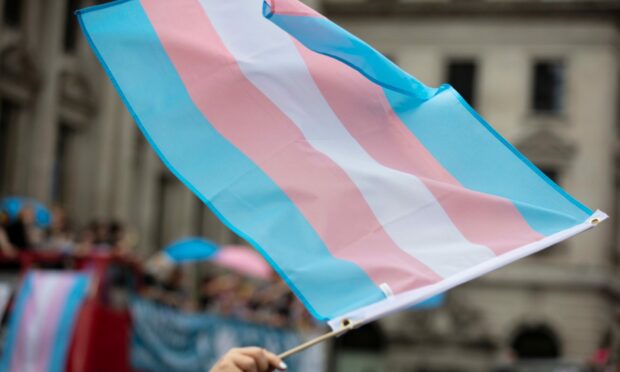
The SNP will launch legal action over gender reforms. Image: Shutterstock.Critics argue the proposals undermine women’s rights and single-sex spaces.
It descended into a constitutional row in January when Scottish Secretary Alister Jack took the step of using Section 35 of the Scotland Act to block it from becoming law.
He claims it clashes with UK-wide equality legislation.
Mr Yousaf set the scene for a dramatic face-off by saying legal action is the “only means of defending our parliament’s democracy from the Westminster veto”.
Independence
Opposition parties claim the SNP has been too focused on Scottish independence and other constitutional rows to deal with the issues facing Scottish voters.
But are we actually any closer to another referendum?
Mr Yousaf says his party will fight the next Westminster election solely on independence.
That means if the SNP wins a majority of seats, it will begin negotiations with the UK Government on leaving.
The ambiguous nature of his statement means he hasn’t set a firm position on what the road ahead will look like.
Mr Yousaf seems to simultaneously back gradually building support and holding a vote as soon as possible, using the next election to test the appetite for a new referendum and holding it as ballot on a wildcat exit from the UK.
One year ago this week, Ms Sturgeon made a statement to the Scottish Parliament announcing plans to hold a referendum in 2023.
One full parliamentary term later, that new ballot feels no closer and many of the most pressing issues facing Scottish voters remain.
